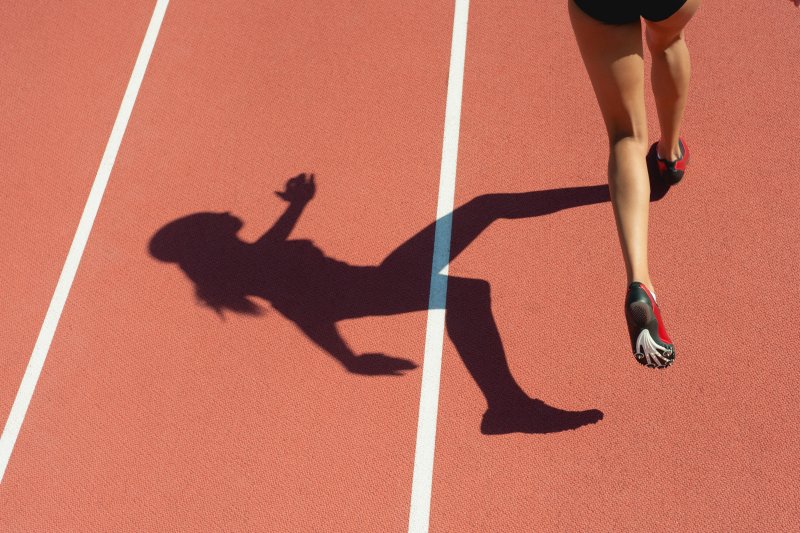
Some faces
Some names
are well recognized
and if you’re reading this
IT MOST LIKELY ISN’T YOU
unless you’ve been BEZOS’D
unless you are actually Jeff Bezos
with the HEADLINES
S H O U T I N G:
Amazon CEO and founder Jeff Bezos announced on Tuesday that he will step down as the CEO of the company. . .

THE HIGHLIGHTS SHARED:
- Jeff Bezos announced on Tuesday that he will step down as the CEO of the company.
- Bezos will take over as the executive chairman in the third quarter of this year.
- The head of Amazon’s cloud division Amazon Web Services (AWS) Andy Jassy will take over as the new CEO of Amazon.
Bezos said that he intends to focus on new products and initiatives in his letter. He is the biggest shareholder in Amazon, so despite stepping down as the CEO, he will still have a lot of control over the company. In September 2020, Jeff Bezos topped the Forbes’ list of richest Americans for the third year in a row. His net worth now crossed $202 billion after an increase of $5.22 billion in a single day. However this year, Tesla supremo Elon Musk toppled Bezos to become the world’s richest person. Elon Musk’s net worth now surpassed $195 billion, and Bezos stood at 185 billion.
Here is the complete letter Bezos wrote to his employees:
Fellow Amazonians:
I’m excited to announce that this Q3 I’ll transition to Executive Chair of the Amazon Board and Andy Jassy will become CEO. In the Exec Chair role, I intend to focus my energies and attention on new products and early initiatives. Andy is well known inside the company and has been at Amazon almost as long as I have. He will be an outstanding leader, and he has my full confidence.
This journey began some 27 years ago. Amazon was only an idea, and it had no name. The question I was asked most frequently at that time was, “What’s the internet?” Blessedly, I haven’t had to explain that in a long while.
Today, we employ 1.3 million talented, dedicated people, serve hundreds of millions of customers and businesses, and are widely recognized as one of the most successful companies in the world.
How did that happen? Invention. Invention is the root of our success. We’ve done crazy things together, and then made them normal. We pioneered customer reviews, 1-Click, personalized recommendations, Prime’s insanely-fast shipping, Just Walk Out shopping, the Climate Pledge, Kindle, Alexa, marketplace, infrastructure cloud computing, Career Choice, and much more. If you get it right, a few years after a surprising invention, the new thing has become normal. People yawn. And that yawn is the greatest compliment an inventor can receive.
I don’t know of another company with an invention track record as good as Amazon’s, and I believe we are at our most inventive right now. I hope you are as proud of our inventiveness as I am. I think you should be.
As Amazon became large, we decided to use our scale and scope to lead on important social issues. Two high-impact examples: our $15 minimum wage and the Climate Pledge. In both cases, we staked out leadership positions and then asked others to come along with us. In both cases, it’s working. Other large companies are coming our way. I hope you’re proud of that as well.
I find my work meaningful and fun. I get to work with the smartest, most talented, most ingenious teammates. When times have been good, you’ve been humble. When times have been tough, you’ve been strong and supportive, and we’ve made each other laugh. It is a joy to work on this team.
As much as I still tap dance into the office, I’m excited about this transition. Millions of customers depend on us for our services, and more than a million employees depend on us for their livelihoods. Being the CEO of Amazon is a deep responsibility, and it’s consuming. When you have a responsibility like that, it’s hard to put attention on anything else. As Exec Chair I will stay engaged in important Amazon initiatives but also have the time and energy I need to focus on the Day 1 Fund, the Bezos Earth Fund, Blue Origin, The Washington Post, and my other passions. I’ve never had more energy, and this isn’t about retiring. I’m super passionate about the impact I think these organizations can have.
Amazon couldn’t be better positioned for the future. We are firing on all cylinders, just as the world needs us to. We have things in the pipeline that will continue to astonish. We serve individuals and enterprises, and we’ve pioneered two complete industries and a whole new class of devices. We are leaders in areas as varied as machine learning and logistics, and if an Amazonian’s idea requires yet another new institutional skill, we’re flexible enough and patient enough to learn it.
Keep inventing, and don’t despair when at first the idea looks crazy. Remember to wander. Let curiosity be your compass. It remains Day 1.
Jeff
So. . .
Have you been Bezos’d?
Most likely
N O T
if you have been caught up in his wealth
if you wish you were his recently ex-wife
if your focus is on AMAZON but not its essence
B U T
if you have the spirit of DAY 1
if you tap dance to work
if you’re more about Now and less about Then or Later
there’s a good Chance
that you have been BEZOS’D
. . .it’s not patented or trademarked
but it can be instilled
and not so much replicated
than embodied. . .
BEZOS’D:

RINSE
(ever so lightly)
REPEAT

B E Z O S ‘ D





















 Getty ImagesBY
Getty ImagesBY 







